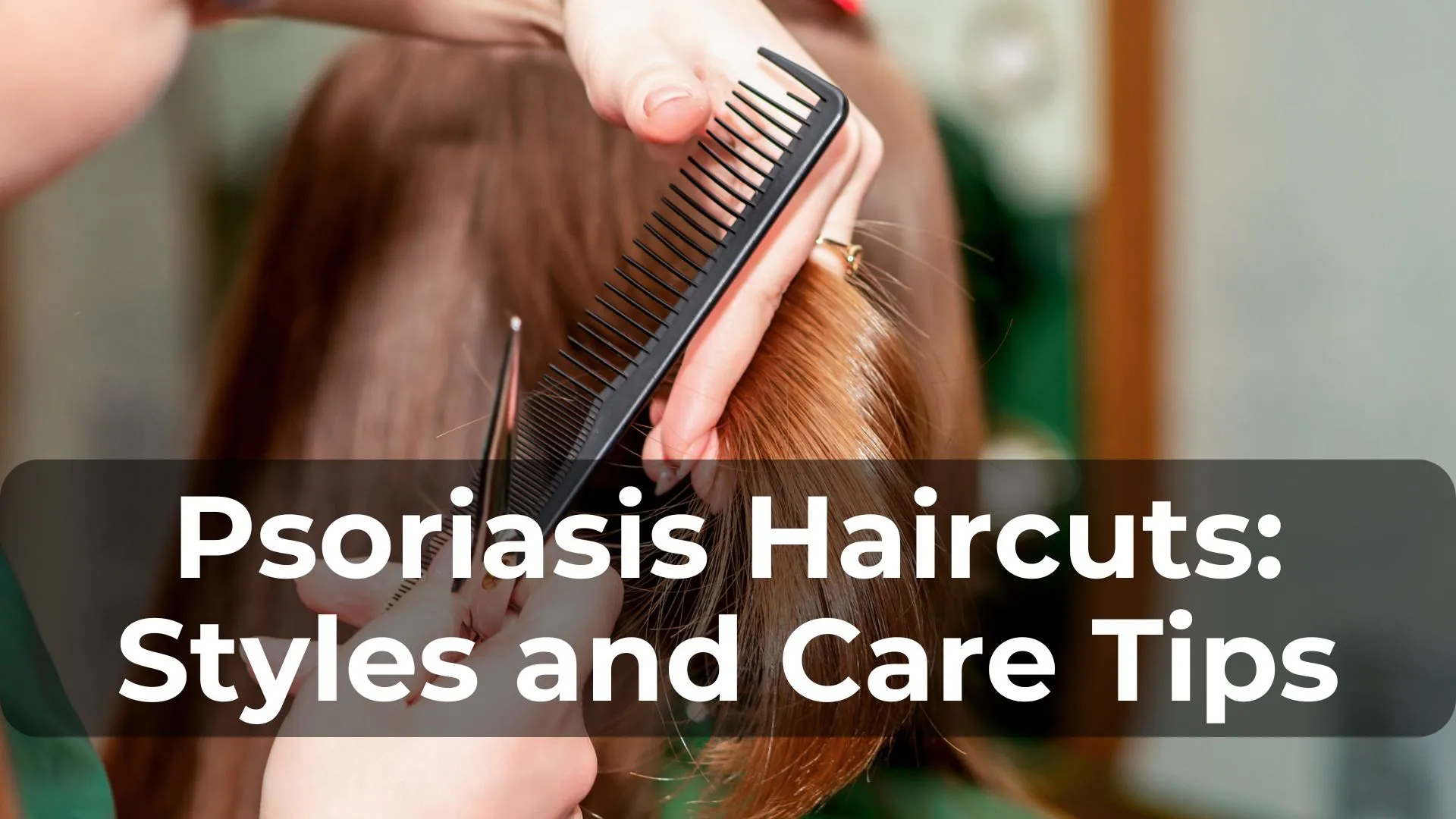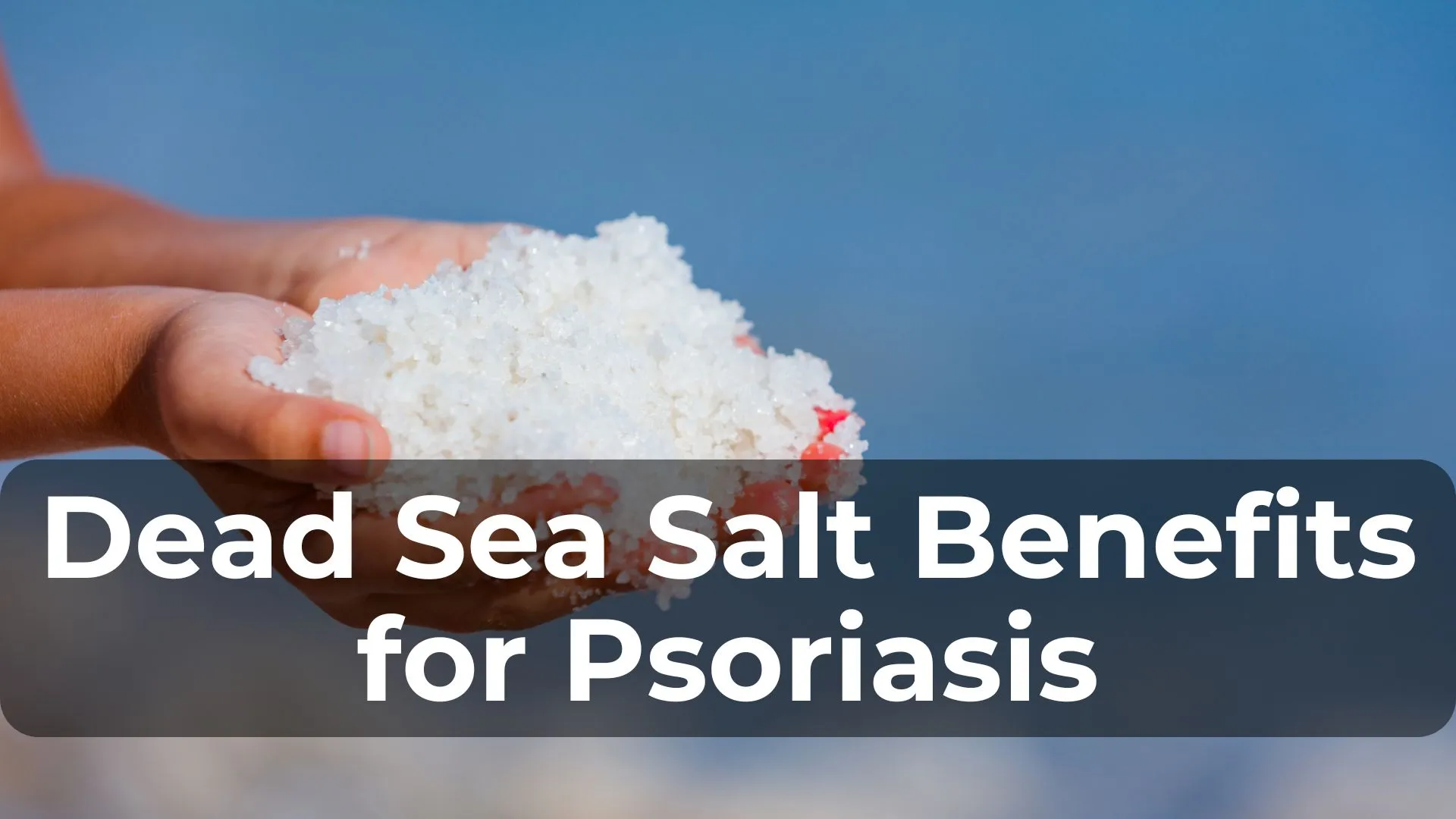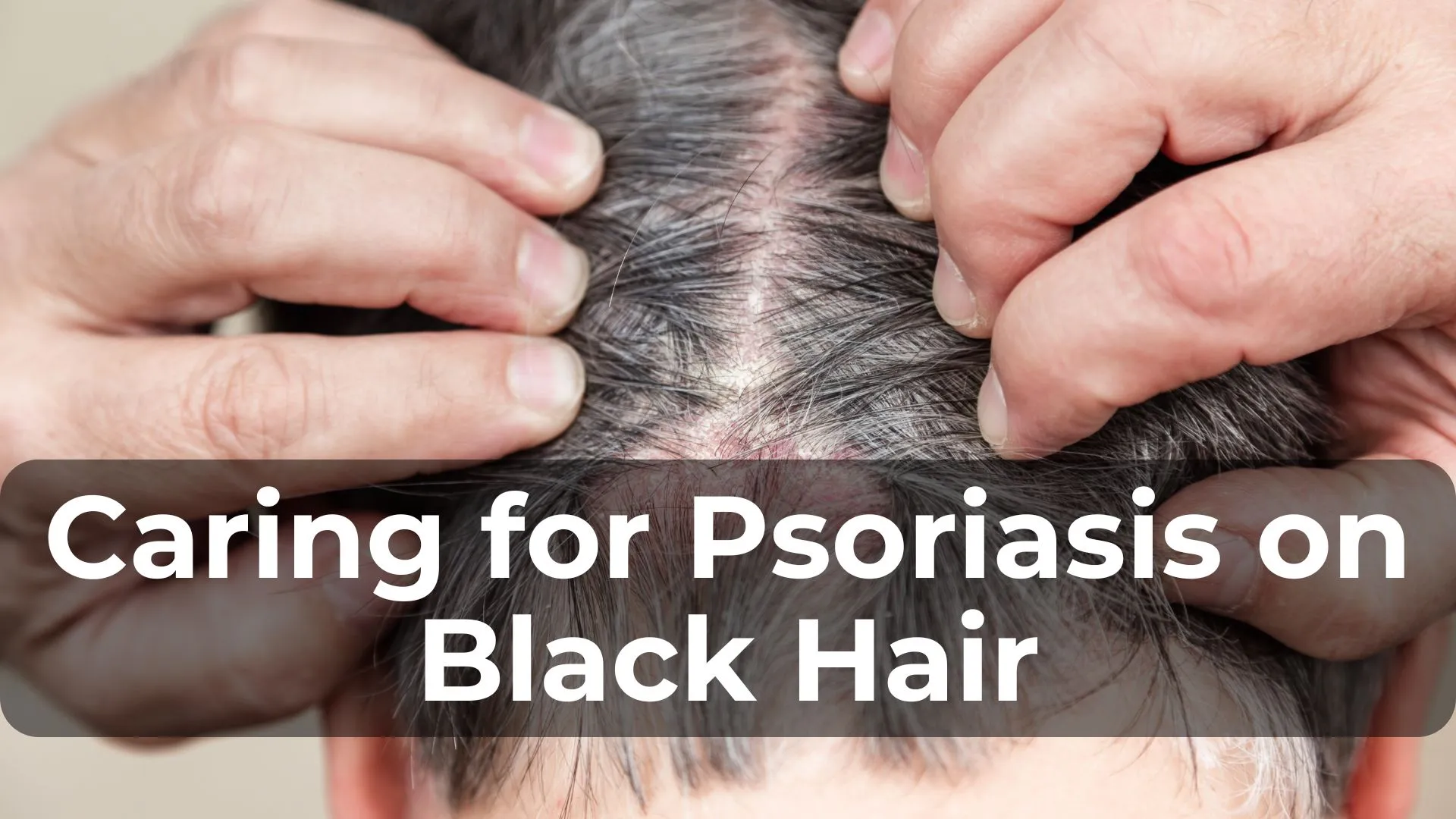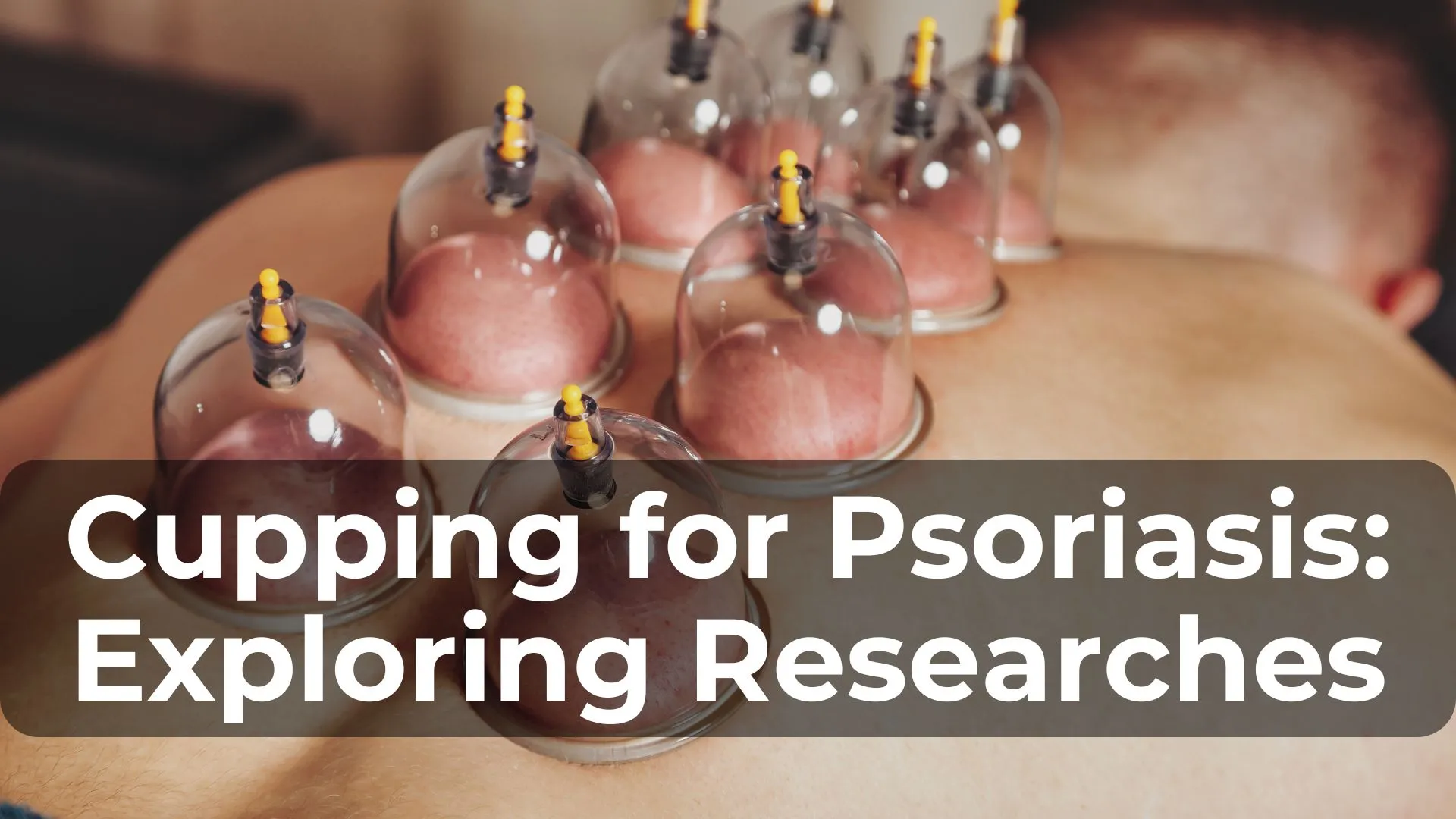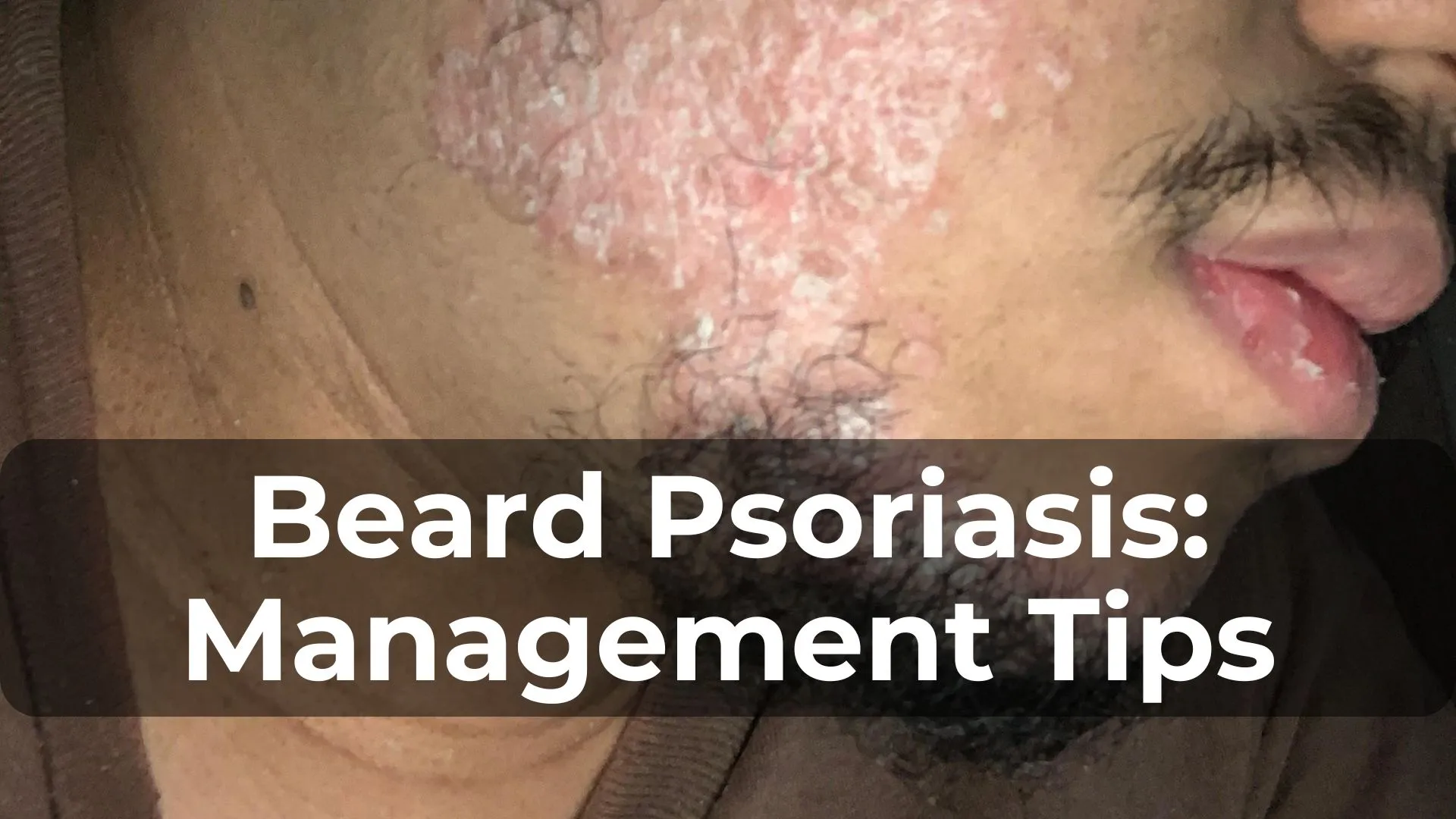
Dealing with beard psoriasis can be quite the challenge. It’s not just about managing the itch and the scales; it’s about feeling comfortable and confident in your skin. If you’ve ever wondered how to keep that beard looking sharp while managing psoriasis, you’re in the right place. Let’s break down some practical tips and tricks to help you tackle beard psoriasis head-on.
Understanding Beard Psoriasis
Psoriasis is a chronic autoimmune condition that causes skin cells to build up rapidly, creating scales and red patches. When it appears in your beard, it can be particularly bothersome, affecting not only your appearance but also your confidence. While various treatments can help reduce or hide symptoms, true healing comes from treating the root cause. This requires a holistic approach, addressing all aspects of your health to recover and start healing.
Types of Medicine for Psoriasis
There are several types of medicine available for psoriasis, and each plays a role in managing symptoms:
- Topical Treatments: These include corticosteroids, vitamin D analogues, and retinoids that help reduce inflammation and slow skin cell growth.
- Phototherapy: Exposure to ultraviolet light under medical supervision can be effective.
- Systemic Treatments: Oral or injected medications that affect the whole body are often used for severe cases.
While these treatments can be effective in reducing symptoms, they are not cures. The true path to healing psoriasis lies in addressing the root causes and taking a holistic approach to health.
Holistic Healing: Treating the Root Cause
Healing psoriasis requires a multi-faceted approach. By addressing physical, chemical, and emotional aspects, you can bring balance back to your body and encourage natural healing. Here’s how to tackle each aspect:
Physical Aspects
Regular Exercise
Exercise is crucial for overall health and well-being. It helps reduce inflammation, manage weight, and boost your immune system. Regular physical activity can also reduce stress, which is known to trigger psoriasis flare-ups.
Sunlight Therapy
Moderate exposure to sunlight can improve psoriasis symptoms for some people. The ultraviolet B (UVB) rays in sunlight help slow the growth of affected skin cells. However, it’s essential to balance sun exposure and avoid sunburn, which can worsen psoriasis.
Chemical Aspects
Dietary Changes
Your diet plays a significant role in managing psoriasis. Focus on anti-inflammatory foods such as fruits, vegetables, nuts, and fatty fish. Avoid processed foods, sugary snacks, and alcohol, which can trigger inflammation.
Detoxification
Detoxifying your body can help eliminate toxins that may be contributing to psoriasis. This includes drinking plenty of water, consuming detoxifying foods like leafy greens and beets, and avoiding environmental toxins whenever possible.
Supplements
Certain supplements can support your body’s healing process. Omega-3 fatty acids, vitamin D, and probiotics have been shown to help reduce inflammation and improve skin health. Always consult with a healthcare professional before starting any new supplement regimen.
Emotional and Spiritual Aspects
Managing stress and emotional health is crucial for those with psoriasis. Stress can trigger flare-ups and worsen symptoms, so finding effective ways to cope is essential.
Stress Management Techniques
- Meditation and Mindfulness: These practices can help reduce stress and improve emotional well-being.
- Yoga and Breathing Exercises: These activities promote relaxation and reduce stress, helping to manage psoriasis symptoms.
Natural Remedies for Soothing the Skin
Natural remedies can be a great addition to your psoriasis management routine, offering soothing relief and helping your skin heal faster.
Aloe Vera
Aloe vera has anti-inflammatory and soothing properties. Applying aloe vera gel to affected areas can help reduce redness and itching.
Coconut Oil
Coconut oil is a natural moisturizer that can help keep your skin hydrated and reduce dryness and scaling. Apply it to your beard and affected skin to soothe irritation.
Oatmeal Baths
Soaking in an oatmeal bath can provide relief from itching and inflammation. It’s a simple and natural way to soothe your skin.
The Psoriasis Freedom Protocol
For those looking for a comprehensive guide to natural healing, the Psoriasis Freedom Protocol offers a step-by-step approach to achieve 100% natural healing. This protocol emphasizes detoxifying your body, balancing your immune system, and addressing all aspects of your health to restore balance and promote healing.
Final Thoughts
Managing beard psoriasis is about more than just dealing with the visible symptoms. It’s about taking a holistic approach to your health, addressing physical, chemical, and emotional factors to bring your body back into balance. By incorporating regular exercise, making dietary changes, managing stress, and using natural remedies, you can manage your psoriasis effectively and promote healing from within.
So, if you’re ready to take control of your psoriasis and start healing naturally, consider exploring the Psoriasis Freedom Protocol. With dedication and a holistic approach, you can achieve healthier skin and a more confident you. Remember, true healing starts from within, and every step you take towards better health is a step towards freedom from psoriasis.




